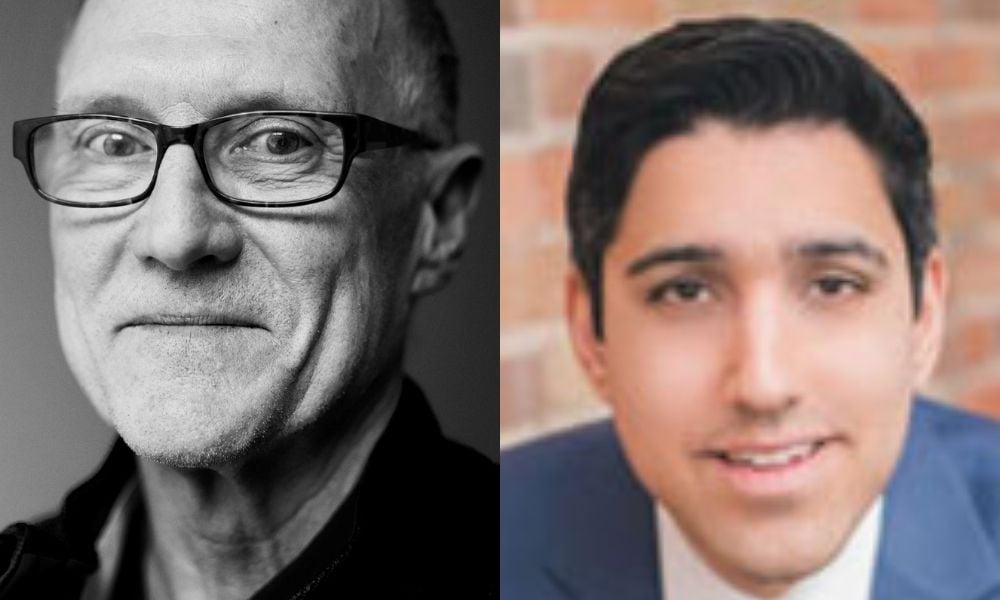
Publishing witness testimonies dissuades people from giving evidence, puts them in danger: lawyer

Toronto police have charged four men with obstructing justice, failing to comply with the publication ban of s. 539(1) of the Criminal Code and intimidating a justice system participant after they allegedly posted recordings of Ontario court proceedings to popular Instagram accounts.
Criminal defence lawyer John Struthers says the charges are severe and akin to someone taking pictures inside a courtroom and publishing them. The public must know that the courts control Zoom hearings, and people cannot abuse the accessibility of the proceedings, he says.
At all online hearings, the courts have made clear that recording is a crime, and some judges have put the prohibition as their background pictures, Struthers says. “When we had to reconstruct the courts as online, this was a critical issue for complainants, witnesses and undercover police.”
The Toronto police department released a statement that on February 23, Instagram accounts under the names “thehood6ix” and “thewarinda6ix” posted photos of a witness testifying during a virtual preliminary court hearing before Ontario court justice David Porter. On February 24, the same Instagram accounts, including “straighouttathe6ixtv” and “keep6ixsolid,” posted an audio recording of the witness from the related court hearing.
The police said Justice Porter restricted the publication of evidence heard at that hearing and charged Kyle Stephens, Mohammed Abdalla, Ryan Taylor and Afrah Mohamed with intimidating a justice system participant, obstructing justice and failing to comply with a s. 539(1) order, which is when the judge orders a publication ban on evidence received at a preliminary inquiry.
Criminal defence lawyer Ryan Handlarski says people must understand that these are severe charges and could be looking at years in jail if found guilty. Handlarski says one of the problems with Zoom court hearings is the ease of recording legal proceedings to have a copy.
Though recording zoom proceedings may seem trivial to participants, he says, it is illegal and a serious offence because Zoom has become a necessity. “If there’s a witness testifying and a publication ban, by posting the person testifying, you are dissuading that person from giving evidence or potentially putting them in danger.”
Many lawyers do not think Zoom represents the importance and solemnity of court proceedings, and Handlarski says incidents like a breach of publication ban support the position of lawyers who disagree with Zoom hearings and argue for the return to in-person proceedings.
Zoom proceedings are an overdue advancement in the criminal justice system, says Handlarski. It is unrealistic to oppose them, so lawyers must come up with another solution that does not involve eliminating zoom proceedings, he says. “Where there’s a concern that someone is going to record the meetings on their phone, you can always have the Zoom proceedings in the lawyer’s office.”
Handlarski says Zoom proceedings will continue, and many of the recording and publishing hearings problems will reduce as the public understands the consequences.
“There’s no doubt the proceedings are easier to record,” Handlarski says, and defence lawyers, crown prosecutors, and judges have an interest in getting to a point where these problems rarely occur.